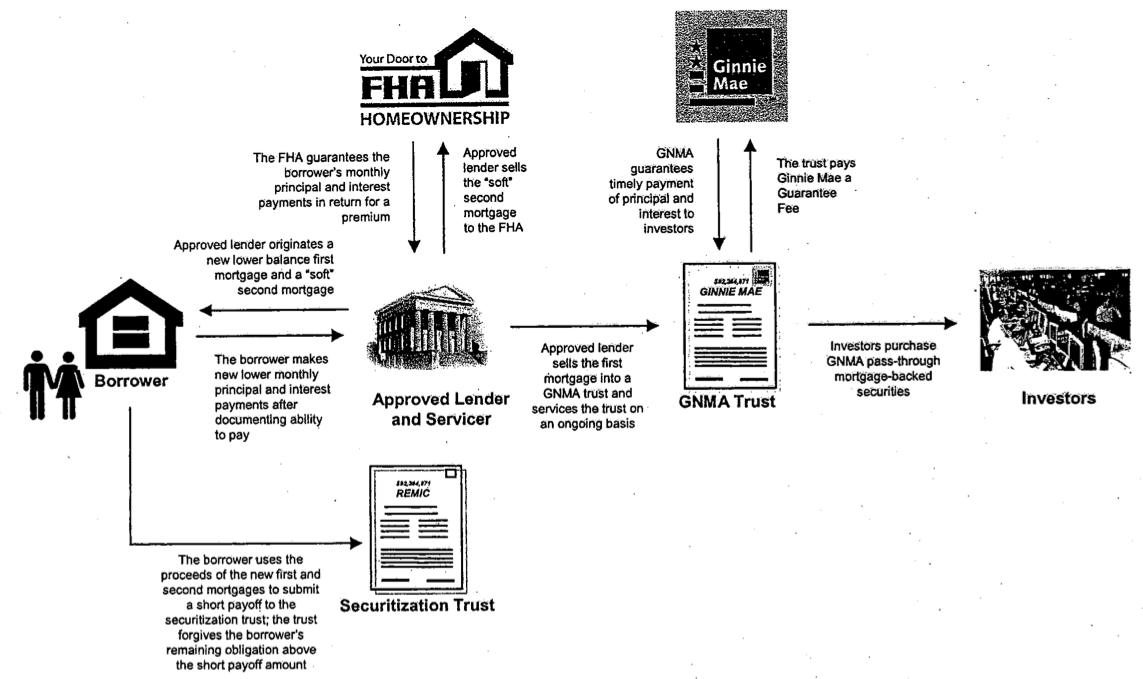Privatize the Profits. Socialize the Losses.
July 1, 2008
Bank of America writes its own bailout. Privatize the profits. Socialize the losses. This has been the modus operandi of the big U.S. banks for decades. There hasn’t been a domestic credit collapse of significance since the 1930s, but the U.S. banks have been getting into trouble regularly overseas. Remember the huge IMF loans of 1997-1998? The Asian governments had no debt problems. Thailand’s total foreign debt was $4.8 billion, while it held foreign reserves of $37 billion. The problem was that the U.S. commercial banks had made loans to the private sector, which weren’t being paid back in the environment of macroeconomic chaos. The IMF would lend money to the government of Thailand, and the government of Thailand would then pay off the private-sector loans to the U.S. bankers. This would bail out the U.S. bankers, and leave the Thai taxpayers to pick up the tab. I used this excerpt in my book. It is from an op-ed in the International Herald Tribune written by Hubert Neiss, the director of the IMF’s Asia and Pacific department:
“The three crisis countries were also caught between a rock and a hard place because of the huge foreign currency debts of their domestic banks and corporations. Full debt service could not be maintained without some debt relief in the shape of loan rollovers and restructuring to allow more time for repayment.
Defaulting on debt service would have forced foreign banks and other creditors to suffer immediate losses …
Each of the three Asian countries receiving billions of dollars in international loans marshaled by the IMF decided to support continued debt servicing while seeking to negotiate debt relief with creditors. The IMF arranged additional official inflows of money to strengthen national reserve positions. It also facilitated debt negotiations with foreign commercial banks to provide the necessary balance of payments relief and some burden sharing by creditors.”
“In Defense of the IMF’s Emergency Role in East Asia,” International Herald Tribune, October 9, 1998.
The IHT, by the way, is an international english-language paper owned by the New York Times.
The funds from the big IMF loans to the Asian governments in 1997-1998 spent no time in Bangkok, Seoul, Manila or Jakarta. They were immediately sent back to New York to make the U.S. banks whole on their loans to the private sector.
My understanding is that much the same thing happened during the Latin American debt crisis of the 1980s — U.S. bank loans to private sector, commercial entities in Latin America were replaced by sovereign debt, which evolved into the famous Brady bonds. In short, the U.S. banks were bailed out by the taxpayers of Mexico, Brazil, Peru etc.
I haven’t been able to find a proper description of the U.S. bank bailouts on their Latin America commercial debt of the 1980s, organized by the IMF, but these two sentences from a description of the crisis about sum it up:
“The 1980s crisis, while sparked by the official default of the Mexican government, was generally a crisis of the private sector. The majority of the debt was held in non-guaranteed private sector loans which were eventually nationalized to meet obligations.”
In the latest Bank of America-authored “homeowner bailout bill,” we see that the Bank of America mortgage to a delinquent borrower is replaced by a mortgage from the U.S. government. BofA takes a small haircut, about 10%, which is much less than what they would face in foreclosure and liquidation, typically around 50% these days. Once again, we see the big U.S. banks’ loans to the private sector paid off by the government. It’s the same modus operandi. Here’s a good description of the operating process, and Bank of America’s involvement in it.
http://bigpicture.typepad.com/comments/2008/06/did-boa-write-t.html

While it appeared that this abomination would be vetoed by the White House, that is looking a little less certain at this point.

